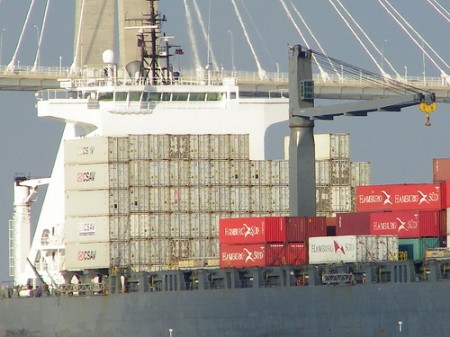 Nearly all destabilizing arms transfers to conflict zones and areas targeted by UN or EU sanctions are clandestine in nature, making monitoring difficult and prevention harder still. However, instead of attempting to create new instruments to tackle these problems, more efficient use can and should be made of existing mechanisms to enforce EU and UN arms embargoes. A recent incident involving a Russian-owned flag of convenience ship that attempted to deliver helicopter gunships to Syria demonstrated the potential effectiveness of such mechanisms.
Nearly all destabilizing arms transfers to conflict zones and areas targeted by UN or EU sanctions are clandestine in nature, making monitoring difficult and prevention harder still. However, instead of attempting to create new instruments to tackle these problems, more efficient use can and should be made of existing mechanisms to enforce EU and UN arms embargoes. A recent incident involving a Russian-owned flag of convenience ship that attempted to deliver helicopter gunships to Syria demonstrated the potential effectiveness of such mechanisms.
The MV Alaed was prevented from delivering arms to Syria because the British insurer of the ship withdrew coverage after its EU-embargoed destination was made public. In June 2012, the Alaed was forced to return to Russia, where its cargo of gunships and missiles was unloaded.
